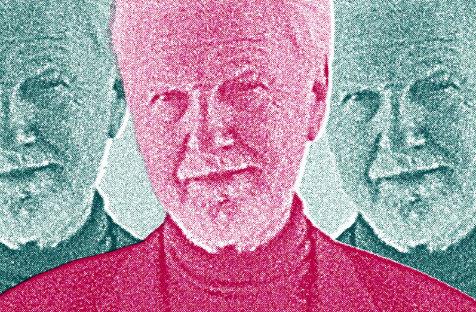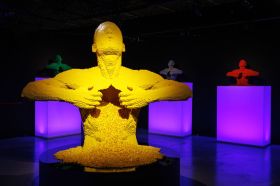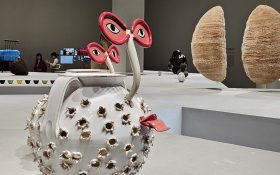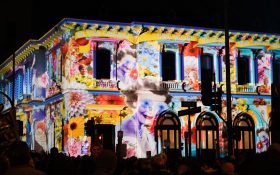Exploring the highs and lows of his life and incidental careers over four decades, Mug Shots: A Memoir is the latest literary work of prize-winning novelist and playwright Barry Oakley. Now an octogenarian, Oakley’s honest, humorous and at times frustrated autobiography provides an eye-opening view of the writer’s world, including an insight into the lives of the literati in Melbourne, Sydney and London during the Seventies and Eighties.
A member of a devout Catholic family, Oakley grew up during the 1930s in the colourful inner-Melbourne suburb of St Kilda, where his adenoids were removed on the dining-room table. His early memories of school at the Christian Brothers’ College in St Kilda – where humiliation and punishment with the strap were dished out regularly – has left him to conclude:
‘School was the kind of test that belonged at the end of life, not the beginning.’
Only after he finished secondary school – during his late adolescent years, as Melbourne recovered from the Second World War – was Oakley introduced to literature and poetry; this was when he knew he would become a writer:
‘Still unemployed, I bought a Penguin – A History of English by B. Ifor Evans … A topography emerged, a landscape … By the end I felt like an alphinist looking over an entire territory, from Beowulf to T. S. Elliot.’
After leaving school he was persuaded, rather crudely, to join his father’s real estate firm. This leads to Oakley being asked: ‘Are you sure you are cut out for this?’ Incompetence is the leitmotif of Oakley’s memoir and the answer to the question is mostly: ‘No!’ Thereafter he takes on a wide range of jobs – as a zookeeper, a teacher (after qualifying from the University of Melbourne) and – after describing himself as ‘academic, prolix and bewildered’ – writing prose as an advertising copywriter with Peter Carey and Morris Lurie.
Reading Mug Shots, one becomes immersed in Oakley’s frustration and disappointment as he moves from career to career, searching for ‘the holy grail’ –making a living from writing. It wasn’t until the 1980s, when he landed such jobs as theatre critic for The Times on Sunday (1986-88) and his final paid job as the literary editor for The Australian (1988-97) that he finally found something he was competent at.
Oakley’s memoir doesn’t linger too long at the beginning, but focuses on his literary career from the late Sixties onward. His first published novel was A Wild Ass of a Man (1967), but it wasn’t until Lets Hear it for Prendergast (1970), his second novel, that he started to be noticed. At the same time Oakley was writing plays such as A Lesson in English (1968) and Witzenhausen, Where Are You? (1971), establishing a name for himself with the Melbourne Theatre Company (MTC) and La Mama Theatre in Carlton.
‘La Mama gained strength and standing as playwrights – [Jack] Hibberd, [John] Romeril, [David] Williamson, [Alex] Buzo and many others – saw their plays evolve in workshops, and everything that was vital in local theatre seemed to crystallise around it.’
Oakley’s ongoing exasperation with his life – especially during the early years –emerges as a theme in both his literary career and his working life:
‘Public service days tended to be dull … Since there’s nowhere to hide in the modern office, I’d recuperate in the toilet…’
This weariness translated into in his one-actor play about a public servant, Eugene Flockhart’s Desk (1966) and then his novel A Wild Ass of a Man (1967) which ‘bore the marks of desperation’ and had some unintended consequences:
‘In a year, I had closed a theatre [The Emerald Hill Theatre] and amputated a leading publisher’s fiction arm.’
But the Seventies saw a change, and a chance for the better:
‘Once one becomes well enough known as a writer, the art or craft can be given up and one can coast along merely being one.’
From humble beginnings to liquid lunches and several awards, Oakley’s memoir brings to light the highs and lows of an important period in Australian literary history in an honest, witty and frustrating read from one of Australia’s master wordsmiths.
Rating: 4 stars out of 5
Mug Shots: A Memoir
By Barry Oakley
Paperback, 240pp, RRP $24.95
ISBN 9781743051672
Wakefield Press





